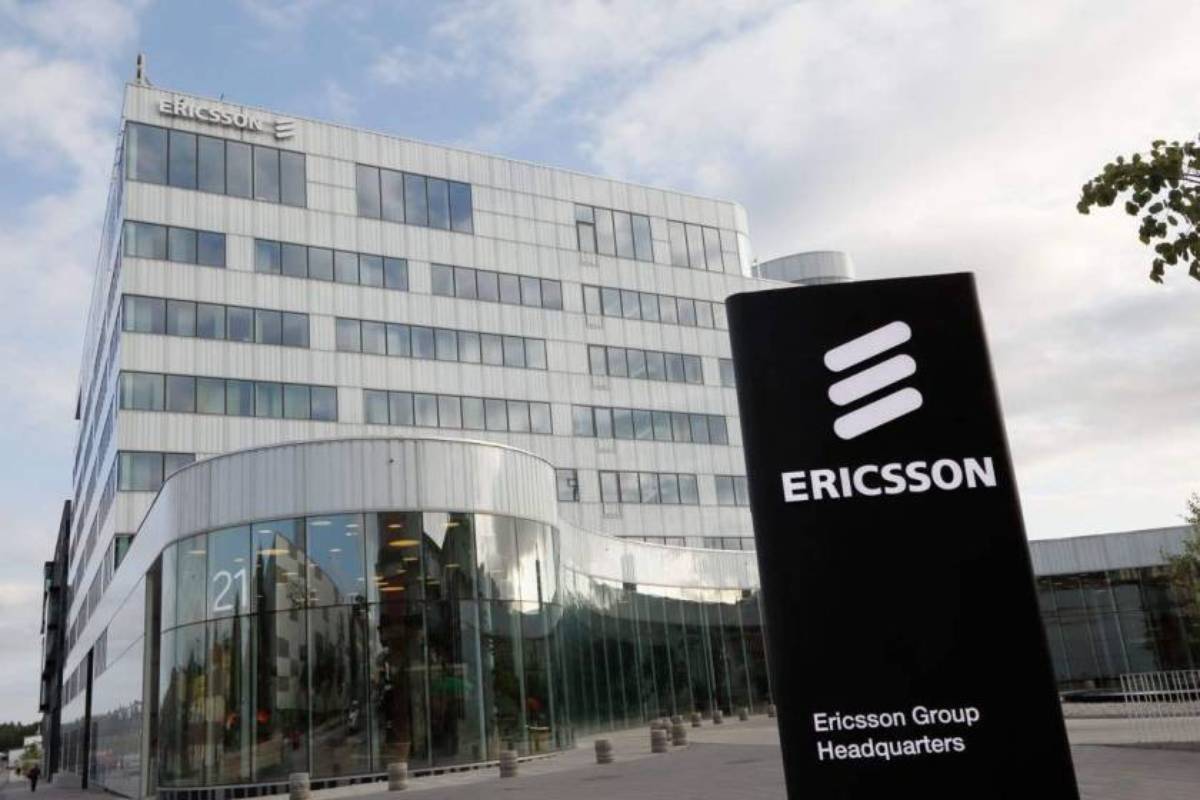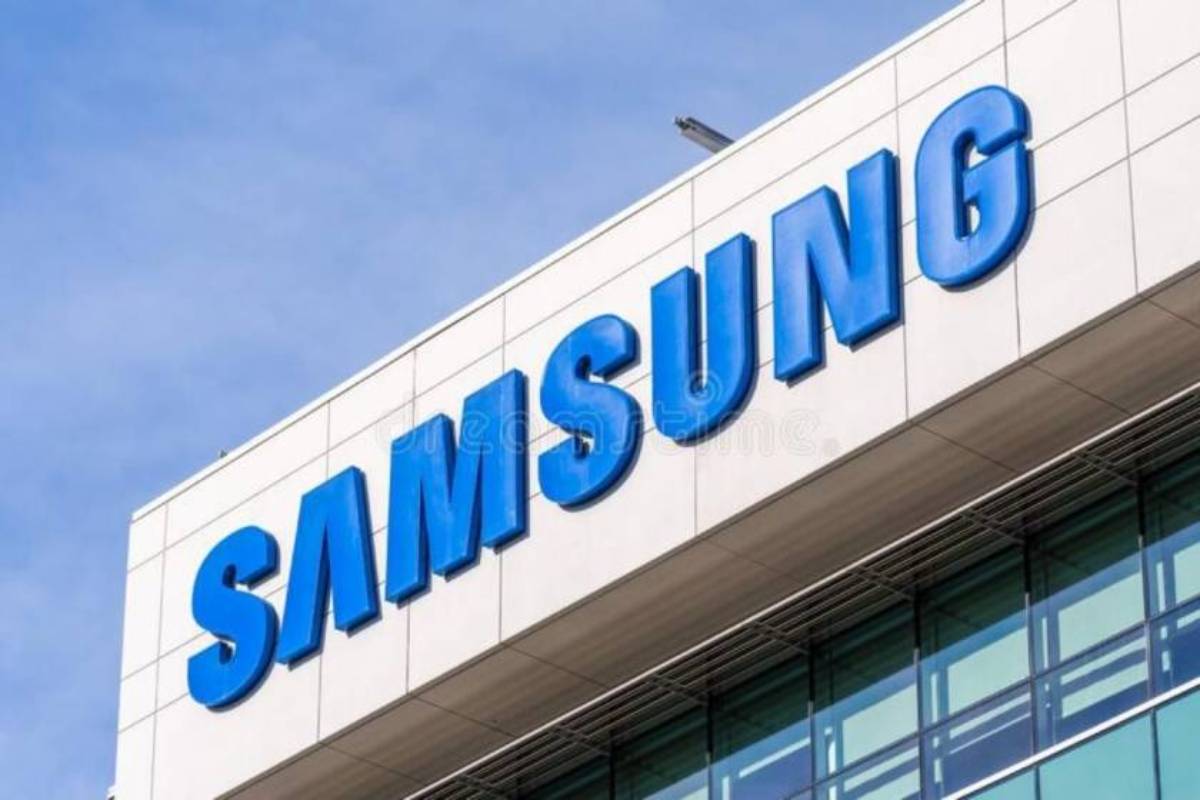
Korean Smartphone giant Samsung and Swedish telecom gear maker Ericsson had been part of a patent licensing dispute that had a sizeable impact on the latter’s first-quarter revenue.
This ended today since both companies on Friday inked a multi-year deal for global patent licenses, some of which are related to all kinds of cellular technologies, especially fifth-generation or 5G tech.
This deal ends complaints that were filed by both companies in front of the USITC (the United States International Trade Commission) as well as ending ongoing lawsuits that were in several countries, as per a statement by Ericsson.
What Else Does This Pact include?

According to both companies, the cross-license agreement covers sales of network infrastructure and handsets starting from January 1, 2021.
According to Christina Petersson, the Chief Intellectual Property Officer at Ericsson, the company is delighted to sign a mutually beneficial agreement with Korean manufacturer Samsung.
Furthermore, as per Ms Petersson, this deal confirms the value of Ericsson’s patent portfolio and illustrates the company’s commitment to FRAND principles.
The details of this agreement are unknown, as both companies refused to divulge into them, citing them to be confidential.
With this agreement in place and all the troubles having been resolved, the Swedish company expects its second-quarter licensing revenues to be around 2-2.5 billion Swedish crowns.
Ericsson did mention that despite all this, its IPR licensing revenues are still affected due to several factors such as expired patent license agreements that are to be renewed, tech shift from 4G to 5G, geopolitical impact on the handset industry and currency effects.
Both companies further said that they would be collaborating on technology projects so as to promote standardization in the mobile industry.
Towards the end, Ericsson also mentioned that its IP portfolio extends to over 57,000 granted patents, all of them being strengthened by annual investment in R&D of over 40 Billion Swedish crowns.
In addition to this, the company, with a leading global position in 5G, is quite confident of growing its IPR revenues in the long run, further maximizing the overall value of its patent portfolio.
For those of you unaware, both companies have been part of agreements in the past, with the first licensing deal between the two being signed in 2001, with a renewal of this deal in 2007. This deal was intended to cover patents for handsets and devices mutually benefitting both parties.















